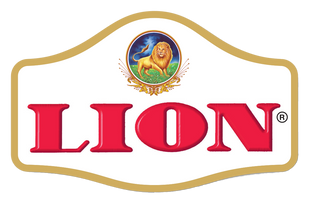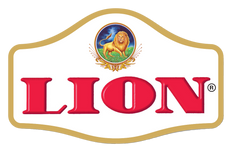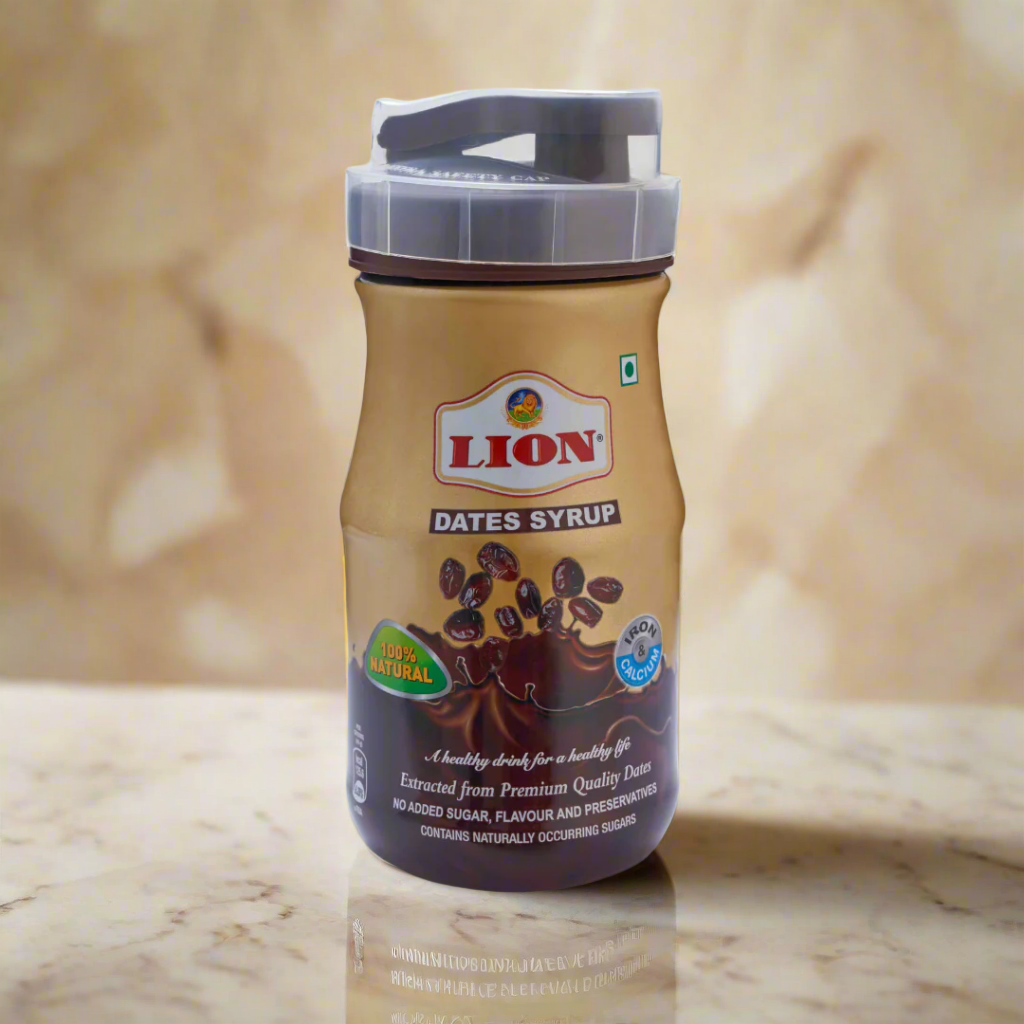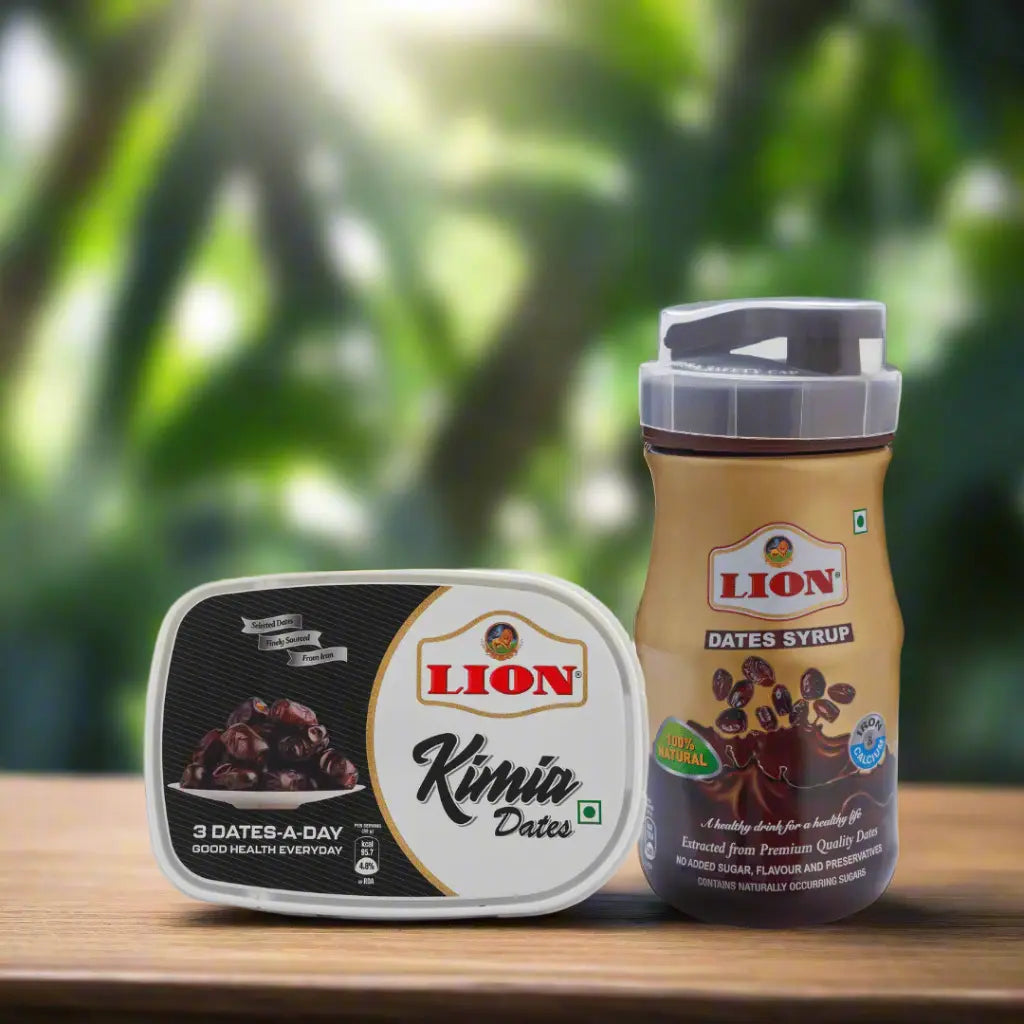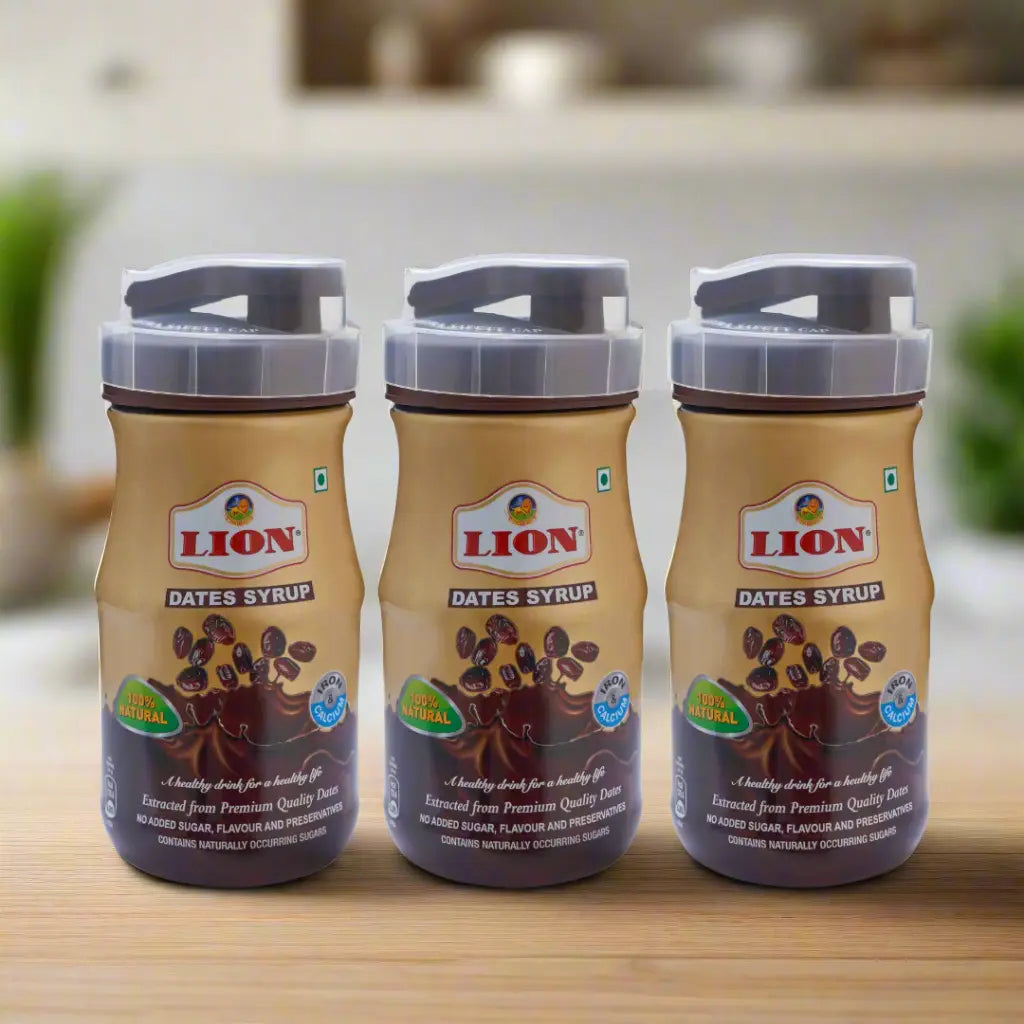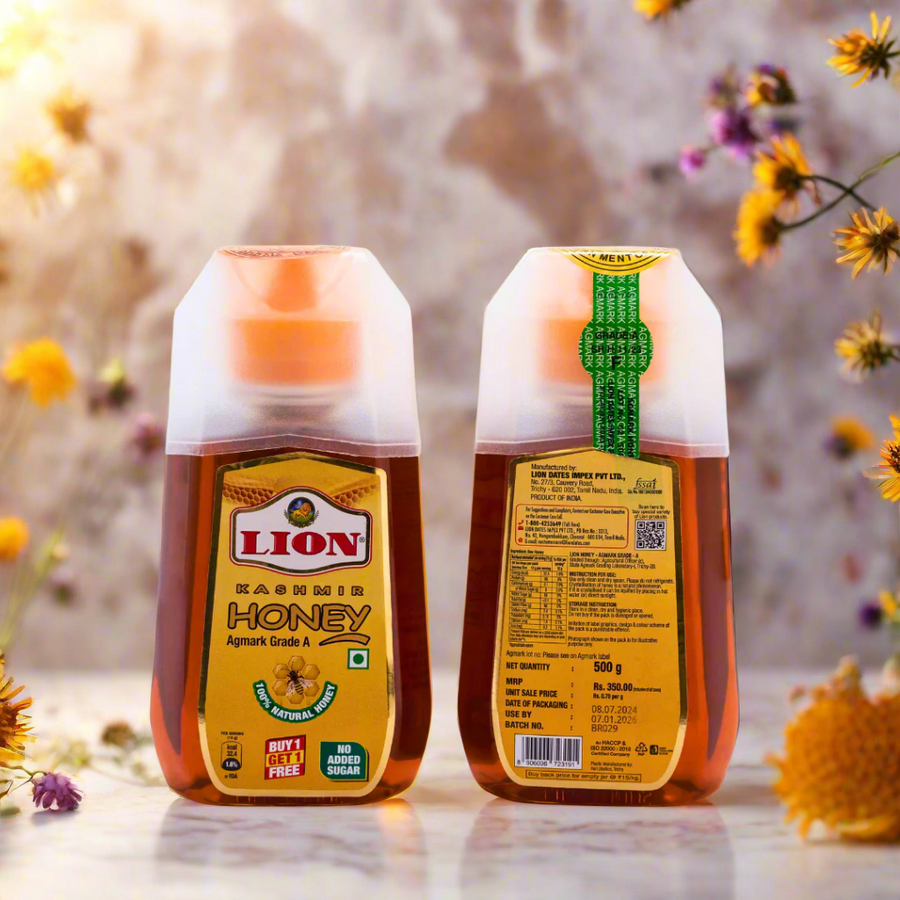5 Reasons why honey is the perfect sugar substitute
Honey can be used in a variety of recipes and dishes as a natural sugar substitute. It's a healthy option because it has a lot of antioxidants and is also low in calories. Honey has a pleasant flavour that may be enhanced using spices or other ingredients. Honey is a fantastic substitute for sugar when you're trying to reduce your sugar intake or make healthier choices.
Sweeter than everything else
Do you know honey contains slightly more fructose than glucose and is 25% sweeter than sugar? Honey is a little sweeter than sugar because fructose is sweeter than glucose. Despite the fact that honey is sweeter, it has slightly more calories than sugar and we tend to use less.
Doesn’t spike your blood sugar
Honey is a natural sweetener that has a lower glycemic index (GI) value than sugar. This means that it does not raise blood sugar levels as quickly as white sugar. We can consume honey instead of sugar but in a limited amount so that our blood sugar level will maintain the same.
White sugar is absorbed into the body and blood at a quicker pace than honey because of its distinct composition. The glycemic index (GI) is used to determine sugar absorption. The typical GI of raw honey varies from 35 to 55, whereas white sugar has a GI of 65. As a result, compared to white sugar, raw honey will provide more consistent levels of energy over a longer period of time.
Abundant in rich nutrients
White sugar contains sugars and nothing else, so the statement "White sugar is empty calories" is absolutely correct. Raw honey, on the other hand, contains extra nutrients such as amino acids, enzymes, and vitamins. The anti-microbial, anti-fungal, and antioxidant properties of these phytochemicals may help boost our immune system, and improve our overall health and well-being.
Provides medicinal benefits
Raw honey offers a variety of distinct health advantages in addition to supplying your cells with the required energy and strengthening your immunity. Honey is effective in suppressing coughs as well as alleviating sore throats.
Honey helps to soothe pollen allergy symptoms in the sinuses and throat of many individuals. As compared to white sugar, honey helps us to digest more quickly and may allow us to sleep better. Honey has been shown to help lower blood pressure and fat levels, as well as have cardiovascular health benefits.
Accelerates the healing of burns and wounds
Honey topically applied has been used to treat wounds and burns. Even today, the practice is widespread. According to researchers, honey's antibacterial and anti-inflammatory properties are thought to be the source of its healing properties.
Other skin disorders, such as psoriasis and herpes lesions, may also be treated with it.
The Bottom Line
Honey has more nutritional benefits than table sugar, but both honey and sugar may harm metabolic health if consumed in large amounts. To reap the benefits of honey's antioxidant, antibacterial, anti-fungal, and anti-inflammatory properties as well as its health benefits, grab local and raw honey. You can incorporate honey into your diet because it is simple to consume and may be used in a variety of ways to get a modest amount of antioxidants. It adds a lovely flavour to plain yoghurt, coffee, and tea. It's also safe for use in the kitchen and with food.
